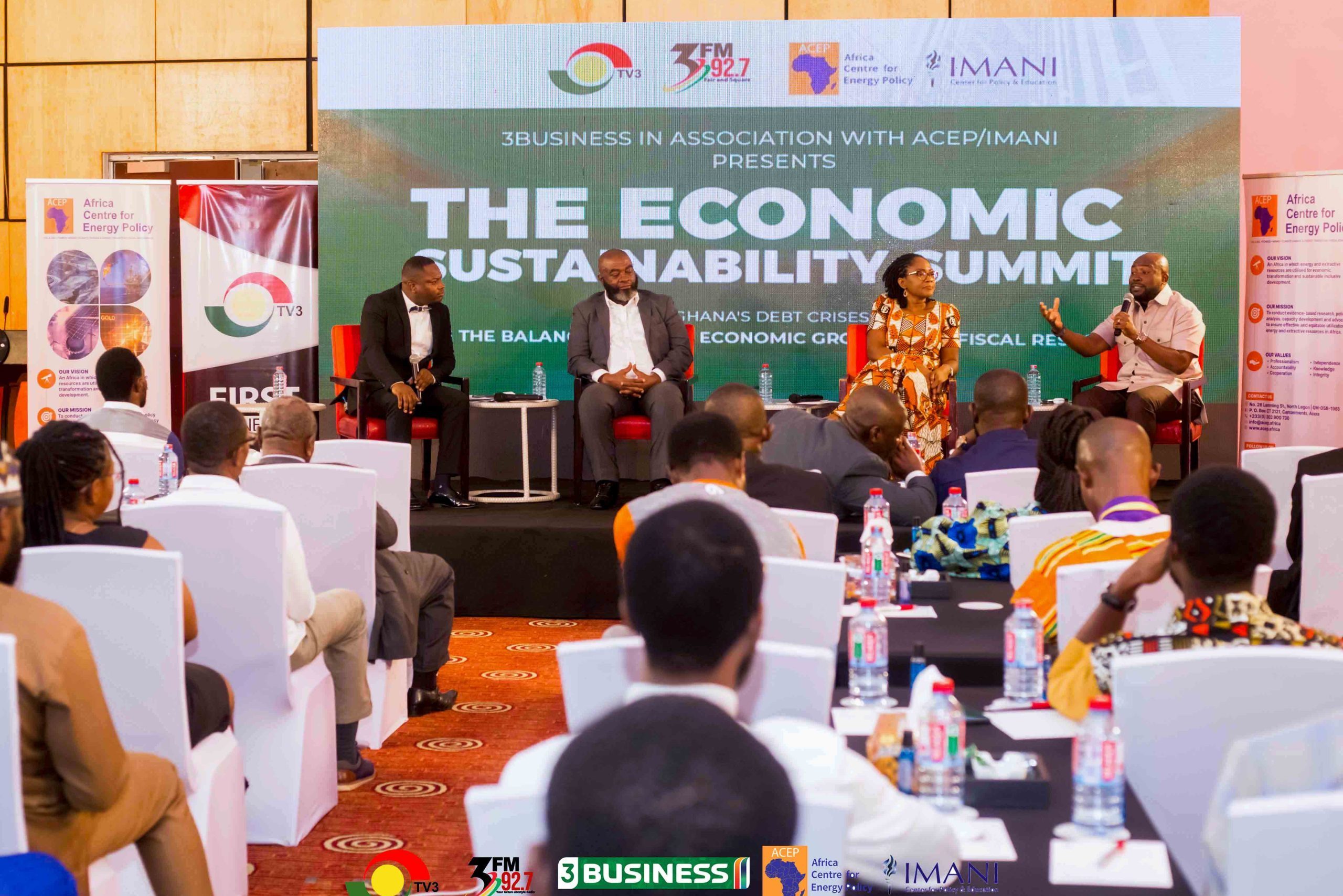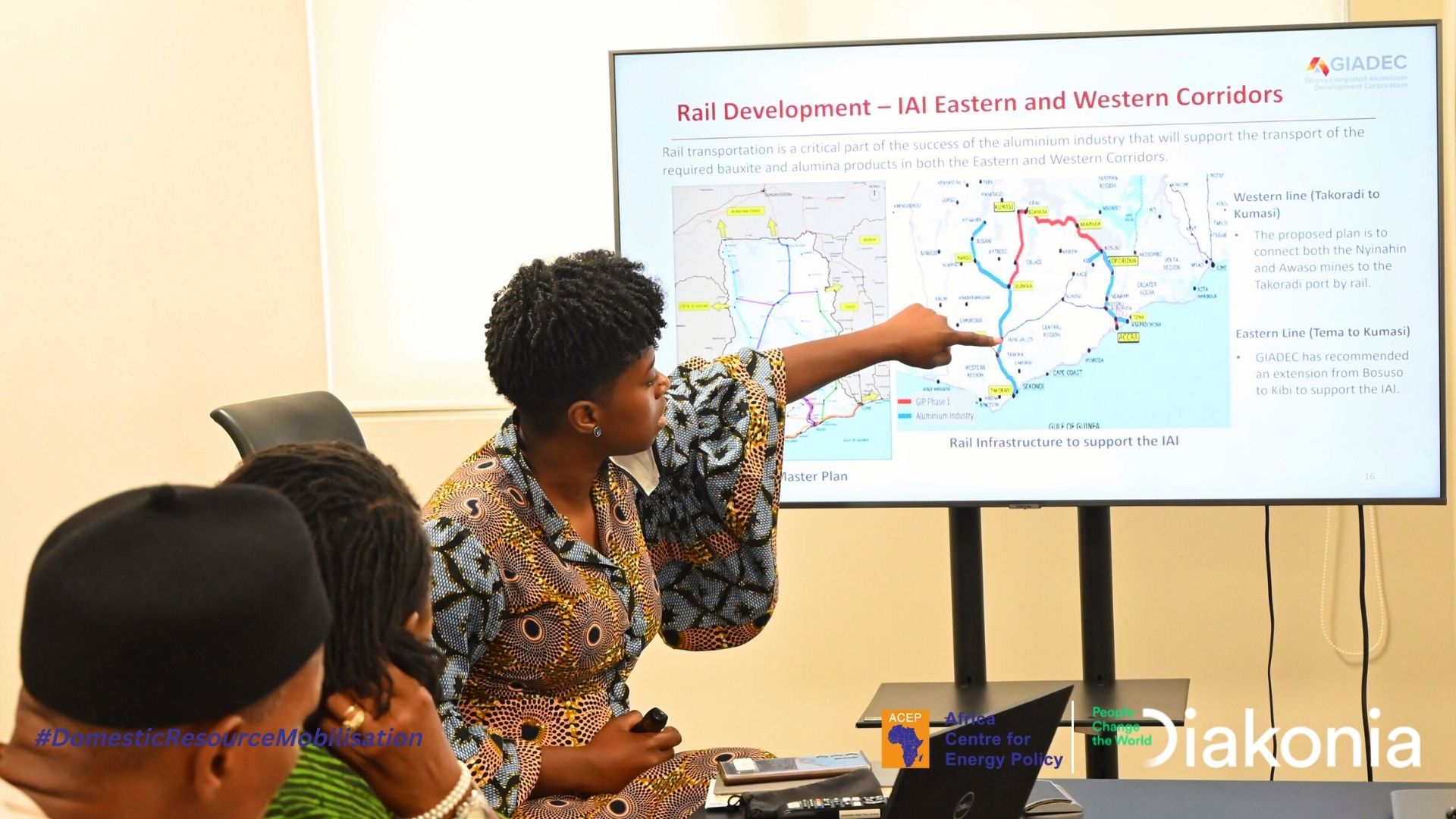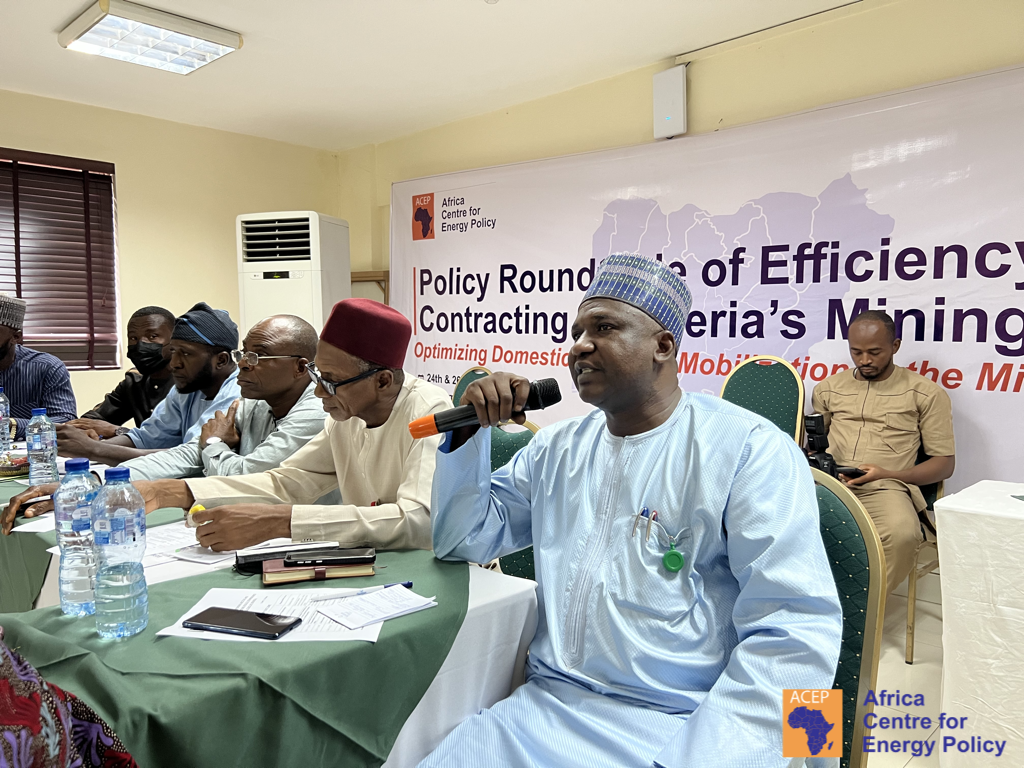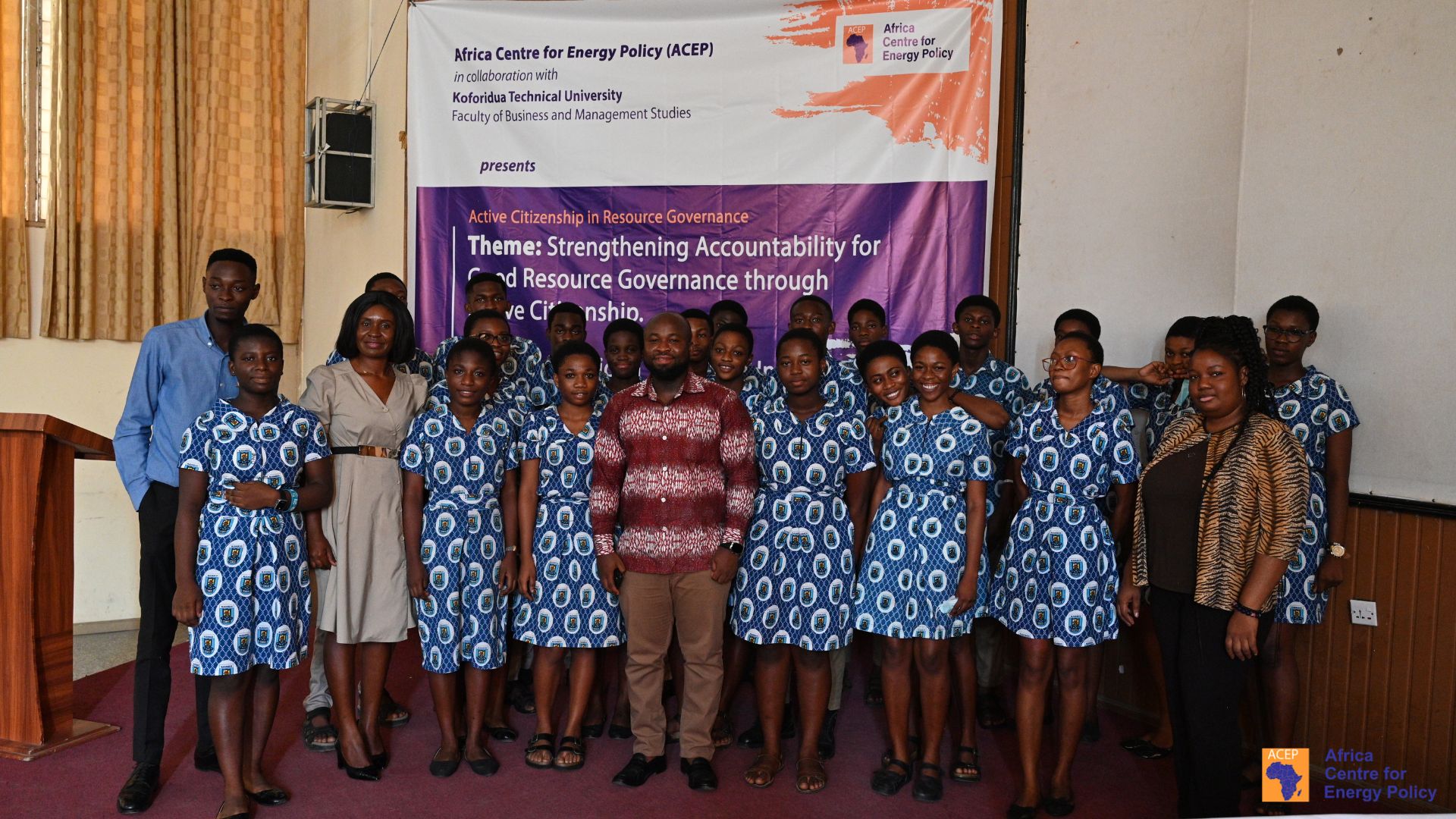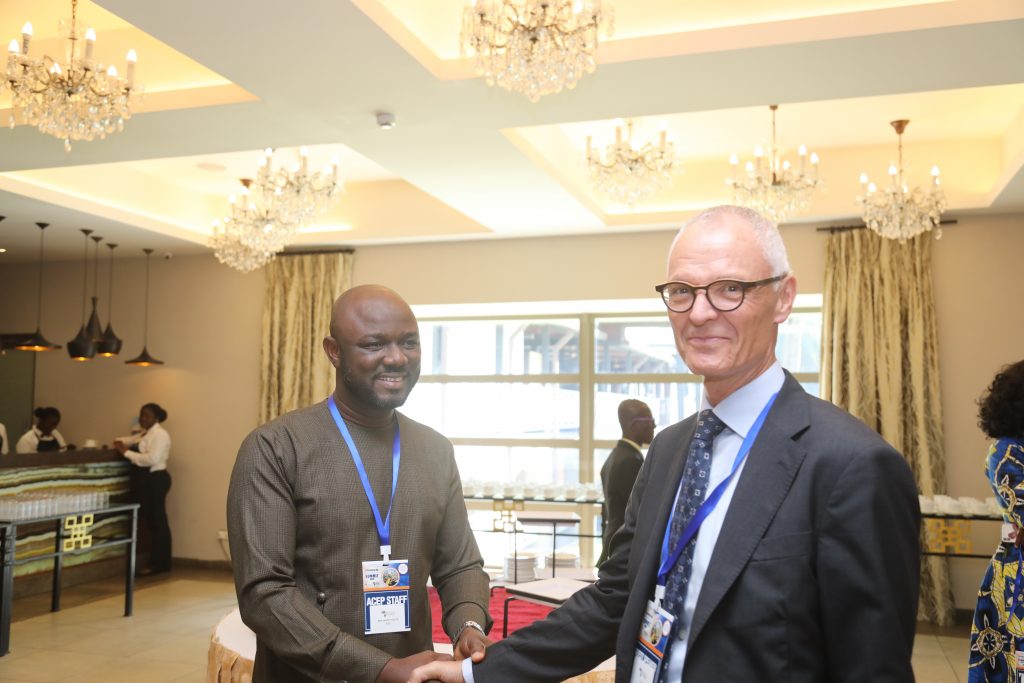A Value for Money Analysis of Zuedem-Tankese Irrigation Project, Zakpalsi-Sakpe Irrigation Project and Rehabilitation of Tema Fisheries Laboratory at Tema
1.0 INTRODUCTION
Countries that have succeeded in using extractive resources for development have done so by virtue of prudent investment of the proceeds guided by the recognition that these resources are finite and would be exhausted some day. These decisions include creating fiscal linkages where taxes and rents from the resources are used to develop infrastructure, human capital, and other parts of the economy to grow even atier the resources are depleted. Unfortunately, among the many frustrations in resource endowed developing countries, perhaps none looms larger than the "resource curse". Perversely, the worst development outcomes--measured in poverty, inequality, and deprivation--are often found in those countries with the greatest natural resource endowments.
Ghana’s oil industry which has so far raked in over 4 billion dollars should be a catalyst for sustainable economic growth and development. In consonance with this principle, ACEP has over the years been advocating for prudent investment of oil revenues in sectors that will propel growth and ensure sustainable development. Particularly, investing in pro-poor sectors could turn the wheel round to promote growth and ensure inclusive development.
Ghana’s agriculture sector contributes significantly to socio-economic development of the country especially to GDP growth. Even though over the past decade, the sector’s contribution to GDP has been on a declining trend, from 29% (2008) to 19% (2016), it nevertheless holds the key to poverty reduction, sustainable wealth creation, employing about 60% of the country’s population 2



